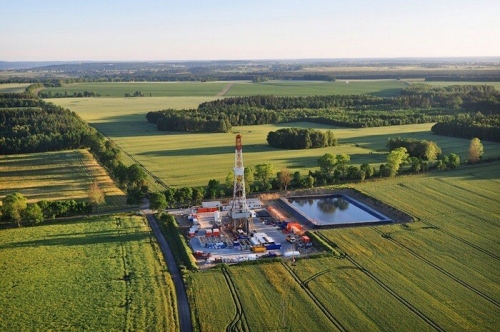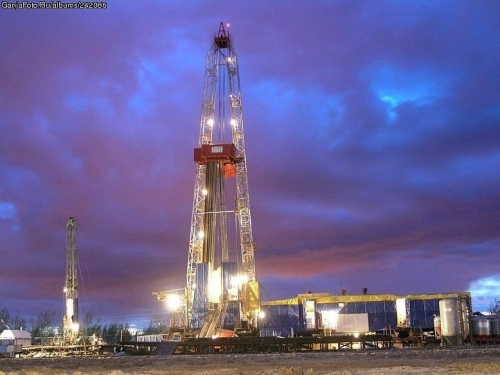Oil costs indented their most grounded begin to a schedule year since 2014 on Tuesday, in the midst of hostile to government dissents in Iran and progressing OPEC-drove generation cuts.
U.S. West Texas Intermediate (WTI) rough fates exchanged at $60.45 a barrel, up 0.05 percent, at around 9.40 a.m. London time. The benchmark crested at $60.74 a barrel prior in the exchanging day, recording its largest amount since June 2015.
Brent unrefined prospects exchanged at $66.81 a barrel on Tuesday morning, down 0.1 percent, in the wake of hitting a May 2015 high of $67.29 a barrel prior in the session.
It was the first run through since January 2014 that both unrefined petroleum benchmarks had opened the year above $60 a barrel.
'Supportive' market conditions
Iranian dissidents assaulted police headquarters late into the night Monday, news organization and web-based social networking reports detailed, as security powers attempted to contain the boldest test to the administrative authority since turmoil in 2009.
Nonetheless, even without the progressing turmoil in Iran — which is a noteworthy oil exporter — showcase slant was at that point generally playful.
William Dinning, head of speculation procedure at Waverton Investment Management, told CNBC on Tuesday that the vitality markets' standpoint was "extensively extremely strong."
"There doesn't appear to be any awesome political hazard premium in the oil cost right now and again we feel that may be steady," he included.
Goldman Sachs and Morgan Stanley both raised their separate oil value gauges in the last a long time of 2017, refering to a more grounded than-expected OPEC-drove sense of duty regarding expand generation cuts. The cuts, which began in January 2017, are ready to proceed through all of 2018 as the unified oil makers try to clear a worldwide supply overhang.
In the mean time, U.S. business rough inventories have slipped about 20 percent from the highs recorded in March a year ago.
US shale not going to be a 'bottomless production pit'
"Shale won't be such a no-limit creation pit this year," Giles Keating, overseeing executive at the Werthstein Institute, told CNBC on Tuesday.
Keating said that if forecasters foreseeing further loan cost rises were observed to be right finished the following a year then this would "extremely matter" for U.S. shale supply.
The cost of oil crumbled from nearly $120 a barrel in June 2014 because of powerless request, a solid dollar and blasting U.S. shale creation. OPEC's hesitance to cut yield was additionally observed as a key purpose for the fall. Yet, the oil cartel soon moved to check creation — alongside other oil delivering countries — in late 2016.




